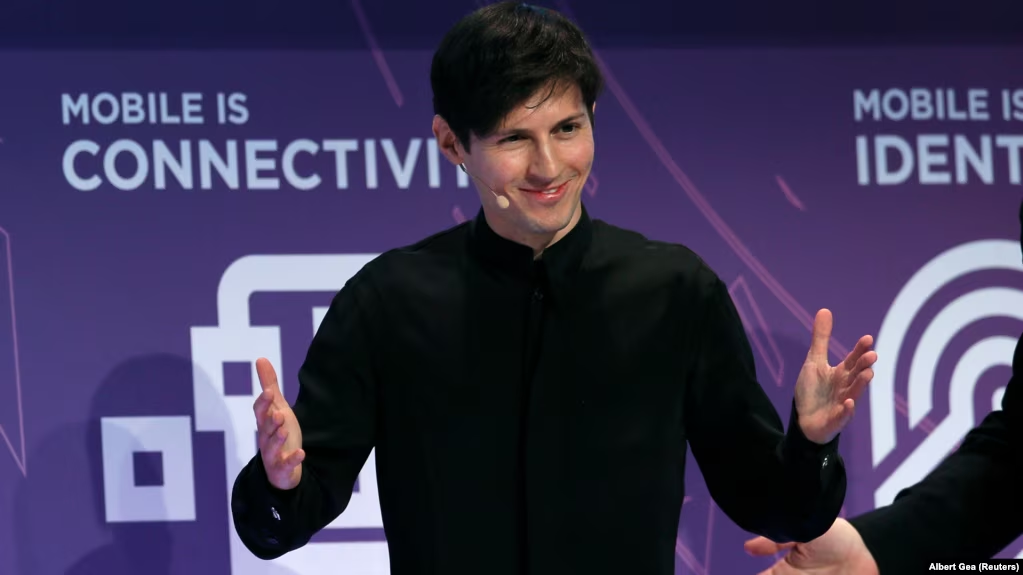The French government has recently extended the detention of Telegram CEO Pavel Durov, a move that has sparked widespread debate and concern within the global tech community and among civil rights activists. Durov, the mastermind behind the encrypted messaging platform Telegram, has been at the center of controversy due to his firm stance on privacy and refusal to compromise user data, even in the face of government pressure. This extension of his detention raises important questions about the balance between national security and individual privacy rights.
Telegram’s Journey and Its Global Impact
Telegram, founded by Pavel Durov in 2013, has grown to become one of the most popular messaging apps globally, with over 500 million active users. Known for its strong encryption and privacy-focused features, Telegram has attracted a diverse user base, ranging from everyday users seeking secure communication to activists, journalists, and, controversially, extremist groups.
The platform’s emphasis on privacy and freedom of speech has made it a preferred choice for those who value these principles, but it has also drawn criticism. Governments around the world, particularly in Europe and the Middle East, have expressed concerns about Telegram’s potential use by terrorist organizations and criminal networks to coordinate activities away from the prying eyes of law enforcement. Despite these concerns, Durov has consistently defended Telegram’s policies, arguing that privacy is a fundamental human right that should not be compromised.
France’s National Security Concerns
The decision to extend Durov’s detention comes amidst heightened concerns in France about the use of encrypted messaging platforms by extremist groups. French authorities have been particularly vigilant following a series of terrorist attacks that have rocked the nation in recent years. These attacks have prompted a crackdown on encrypted communication services that are seen as enabling these groups to operate with impunity.
France’s actions against Durov are part of a broader strategy to enhance national security by ensuring that tech companies comply with legal requirements to assist in investigations and prevent the spread of extremist content. The government has justified the detention as a necessary measure to address the challenges posed by encrypted communications in a rapidly evolving digital landscape.
The Legal and Ethical Debate
The extension of Durov’s detention has ignited a heated debate about the legal and ethical implications of such actions. On one side, supporters of the French government’s decision argue that national security must take precedence over individual privacy rights when public safety is at stake. They assert that tech companies have a responsibility to cooperate with law enforcement to prevent the misuse of their platforms.
On the other side, privacy advocates and civil rights organizations have condemned the detention as a dangerous overreach by the government. They warn that such actions could set a precedent for the arbitrary detention of tech executives and the erosion of privacy rights. Durov’s detention is viewed by many as a test case for the future of digital privacy and the extent to which governments can exert control over tech companies.
International Reactions and Implications
The international response to Durov’s detention has been mixed. Some governments have expressed support for France’s actions, emphasizing the importance of collaboration between tech companies and law enforcement to combat terrorism and other serious crimes. However, the tech industry and civil liberties groups have largely criticized the detention, viewing it as an infringement on Durov’s rights and a broader attack on the principles of privacy and free expression.
Many in the tech community fear that Durov’s detention could discourage innovation in the development of secure communication tools, which are essential for protecting users’ privacy in an increasingly interconnected world. There is also concern that such actions could lead to a chilling effect, where tech companies may feel pressured to compromise on privacy and security features to avoid government scrutiny.
The Broader Impact on Tech and Privacy
As the situation continues to unfold, the implications for the tech industry and the global privacy landscape are profound. Durov’s detention underscores the growing tension between governments and tech companies over issues of privacy, security, and control. The outcome of this case could have far-reaching consequences for the future of encrypted communication platforms and the rights of individuals to secure and private communication.
The extension of Durov’s detention by France highlights the ongoing struggle to find a balance between the need for security and the protection of individual freedoms. As the debate continues, the world will be watching closely to see how this case shapes the future of privacy, technology, and the relationship between governments and the tech industry.
4o
